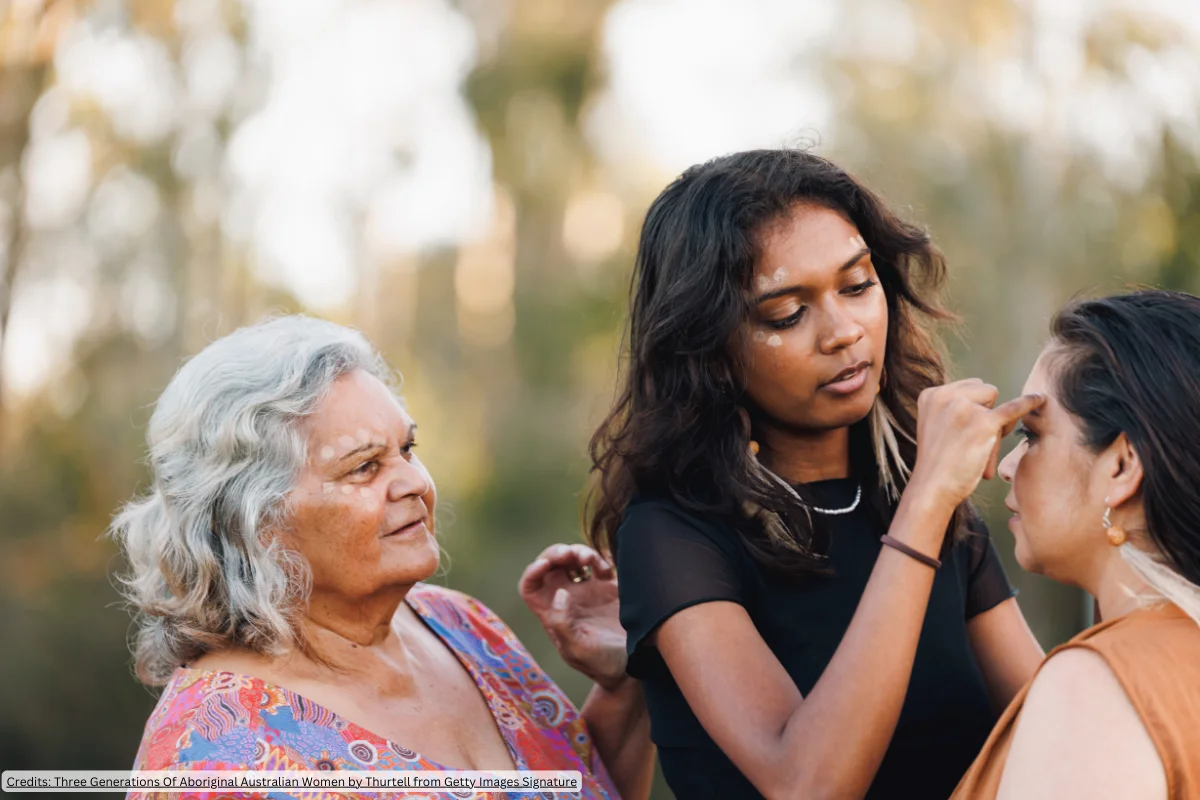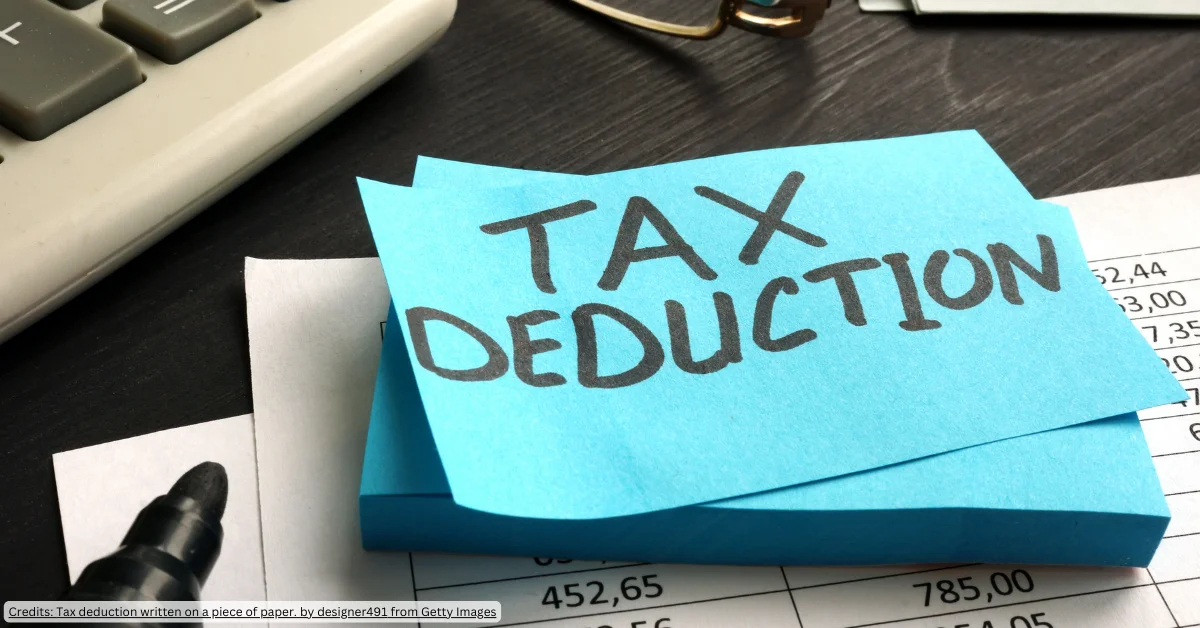Two organisations have partnered up to analyse data that could identify financial opportunities for the LGBTQI+ groups.
The joint project, led by Our Community and The Channel, has requested support from similar Not-for-Profits who are willing to lend their real-life data.
The Channel’s executive director, Georgia Mathews , said she hoped the partnership would generate more public backing for the work, allowing the organisations to allocate more resources and support to those in need.
Whilst supporting the LGBTQI+ sector, the project is also a push to help Not-for-Profits become more technically savvy.
Our Community executive director, Kathy Richardson, said: “The project will help Our Community learn more about how to work with a Not-for-Profit organisation on a data project, in preparation for the opening of OC House, a social sector co-working space that includes a strong focus on data science.
“Thanks to the many Not-for-Profits that expressed an interest in working with us, we see a lot of potential to use data science to propel Australia’s social sector forward, and it’s exciting to see a wealth of opportunities reflected in the project’s ideas.”
The data project hopes to foster a supportive and transparent sector, improve decision making, identify barriers and increase collaboration and the sharing of work.
Mathews said the project would help The Channel grasp who applies for and receives LGBTQI+ funding and will then use the findings to lobby for more resources, adding: “We need these insights to truly understand the nature of the task at hand.”
Much like most Not-for-Profits, The Community mentions that a lack of resources meant they couldn’t complete the research alone, with skills just out of reach.
“This is a particular capability that most small Not-for-Profits just can’t prioritise in-house and The Channel is no different,” Mathews said, adding that the only alternative was to outsource work – a move the strict budget would not allow.
“If you can get by on citing anecdotal evidence and drawing our own softer conclusions about the nature of your given field, you’re unlikely to allocate thousands from your already stretched budget on a big data project.”
As data projects become a necessity for Not-for-Profits hoping to expand in the sector, Mathews said the challenge – and partnership – was necessary.
“It’s only a matter of time before this is part of every strategy, campaign and resource for social change.”











